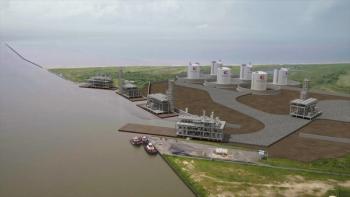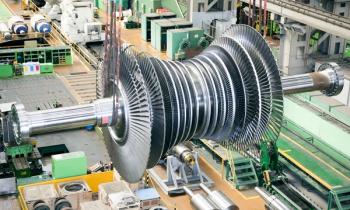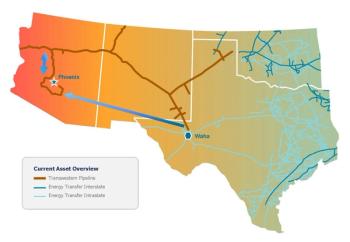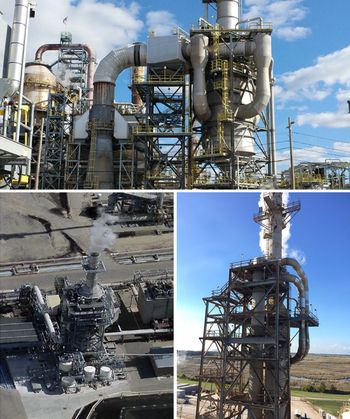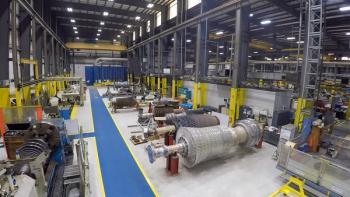
Carbon Capture, Pipeline Transport & Geologic Storage
PowerGen presentation covering the scope of this emerging technology
Carbon capture, utilization, and storage (CCUS) can be seen as a crucial technology for achieving a clean energy future. Within the power industry, there is limited knowledge about the geological aspects of carbon storage. Point source carbon capture is particularly useful for large-scale power generation. This panel featured prominent experts who work with carbon capture, with a focus on point source carbon capture. It also included specialists in carbon storage for power generation, covering topics such as geological storage, pipeline transportation, monitoring, costs, and other relevant areas.
Jose Figueroa, Point Source Carbon Capture Supervisor, NETL, Mark McKoy, Carbon Storage R&D Technology manager, NETL, Bob Slettehaugh, Director of Carbon Capture & Carbon Removal, Kiewit, and Richard Esposito, Program Manager, Geosciences and Carbon Management, Southern Company, pulled back the layers of confusion surrounding this decarbonization methodology.
Esposito began by emphasizing the importance of bringing projects in on time and reviewing the basics of CCS. He explained that significant infrastructure changes are required to deploy the magnitude of renewables required to compete with traditional oil and gas power generation. Direct air capture plays a significant role in negative emissions and energy security for fossil fuels, he asserted. Customers from Europe, Japan, Australia, and the United States are looking to decarbonize their operations due to government incentives for the industrial sector. There were several pitfalls associated with bringing the 2022 Inflation Reduction Act (IRA) green tax credit to the point where operators were financially incentivized to pursue it.
Figueroa talked about working in (CCUS) and supervising a team of federal project managers to develop capture technology for CO2 removal. He emphasized the need for an integrated carbon management approach. He also mentioned FETL's mission of working with academic, non-government, and industry sectors to develop advanced tech quickly and make it available when needed.
McKoy discussed pipeline infrastructure development projections through 2030 and 2050 and the expansion of the industry. Proper planning and industry growth forecasts can greatly help to meet goals. The U.S. Department of Energy (DOE) is working hard to implement further initiatives for infrastructure changes. This includes providing technical assistance and information for undertaking CCUS projects, and the DOE providing co-founding support for carbon storage facilities on pilot projects.
Slettehaugh let the audience know about the costs of CCUS as an emerging market and the importance of strong partnerships for all parties involved in its development. It’s very important to be careful in leveraging risk to develop sound, economical backing for projects. While operating and capital costs can vary, an initial lower capital cost on a project may not necessarily lead to the most optimized project costs when all is done.
Newsletter
Power your knowledge with the latest in turbine technology, engineering advances, and energy solutions—subscribe to Turbomachinery International today.

